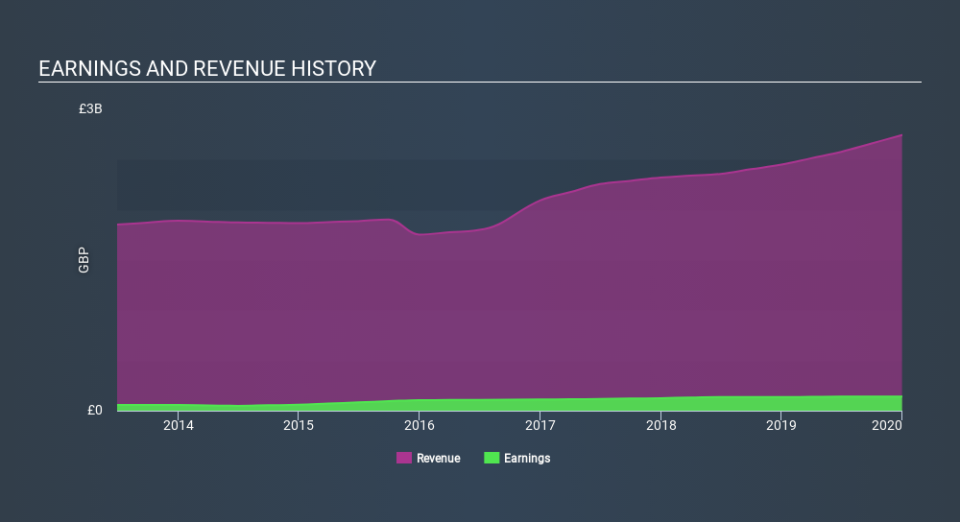Those Who Purchased National Express Group (LON:NEX) Shares A Year Ago Have A 50% Loss To Show For It

It's easy to match the overall market return by buying an index fund. While individual stocks can be big winners, plenty more fail to generate satisfactory returns. Investors in National Express Group PLC (LON:NEX) have tasted that bitter downside in the last year, as the share price dropped 50%. That contrasts poorly with the market return of -20%. We note that it has not been easy for shareholders over three years, either; the share price is down 44% in that time. It's down 57% in about a quarter. Of course, this share price action may well have been influenced by the 27% decline in the broader market, throughout the period.
View our latest analysis for National Express Group
While the efficient markets hypothesis continues to be taught by some, it has been proven that markets are over-reactive dynamic systems, and investors are not always rational. One way to examine how market sentiment has changed over time is to look at the interaction between a company's share price and its earnings per share (EPS).
During the unfortunate twelve months during which the National Express Group share price fell, it actually saw its earnings per share (EPS) improve by 4.0%. It could be that the share price was previously over-hyped.
It seems quite likely that the market was expecting higher growth from the stock. But looking to other metrics might better explain the share price change.
We don't see any weakness in the National Express Group's dividend so the steady payout can't really explain the share price drop. The revenue trend doesn't seem to explain why the share price is down. Of course, it could simply be that it simply fell short of the market consensus expectations.
You can see below how earnings and revenue have changed over time (discover the exact values by clicking on the image).
It's good to see that there was some significant insider buying in the last three months. That's a positive. That said, we think earnings and revenue growth trends are even more important factors to consider. So we recommend checking out this free report showing consensus forecasts
What about the Total Shareholder Return (TSR)?
We've already covered National Express Group's share price action, but we should also mention its total shareholder return (TSR). Arguably the TSR is a more complete return calculation because it accounts for the value of dividends (as if they were reinvested), along with the hypothetical value of any discounted capital that have been offered to shareholders. Dividends have been really beneficial for National Express Group shareholders, and that cash payout explains why its total shareholder loss of 49%, over the last year, isn't as bad as the share price return.
A Different Perspective
While the broader market lost about 20% in the twelve months, National Express Group shareholders did even worse, losing 49% (even including dividends) . Having said that, it's inevitable that some stocks will be oversold in a falling market. The key is to keep your eyes on the fundamental developments. Regrettably, last year's performance caps off a bad run, with the shareholders facing a total loss of 3.8% per year over five years. Generally speaking long term share price weakness can be a bad sign, though contrarian investors might want to research the stock in hope of a turnaround. While it is well worth considering the different impacts that market conditions can have on the share price, there are other factors that are even more important. For example, we've discovered 3 warning signs for National Express Group that you should be aware of before investing here.
National Express Group is not the only stock insiders are buying. So take a peek at this free list of growing companies with insider buying.
Please note, the market returns quoted in this article reflect the market weighted average returns of stocks that currently trade on GB exchanges.
If you spot an error that warrants correction, please contact the editor at editorial-team@simplywallst.com. This article by Simply Wall St is general in nature. It does not constitute a recommendation to buy or sell any stock, and does not take account of your objectives, or your financial situation. Simply Wall St has no position in the stocks mentioned.
We aim to bring you long-term focused research analysis driven by fundamental data. Note that our analysis may not factor in the latest price-sensitive company announcements or qualitative material. Thank you for reading.

 Yahoo Finance
Yahoo Finance 
